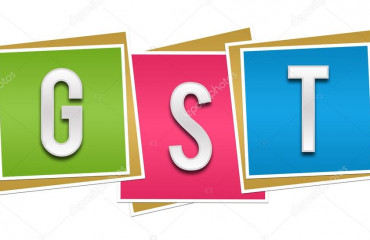
- 28 Mar 2025 06:43 PM
- New
Maharashtra GST Dept Lists of 7773 Non-Genuine Taxpayers on 28.02.2025
As of February 28, 2025, the Maharashtra State Goods and Services Tax (GST) Department has compiled a list of non-existent or non-genuine taxpayers whose GST Registration Certificates (RC) have been canceled ab initio. This initiative is part of the department’s ongoing efforts to identify and eliminate fraudulent entities that undermine the integrity of the tax system.
Read More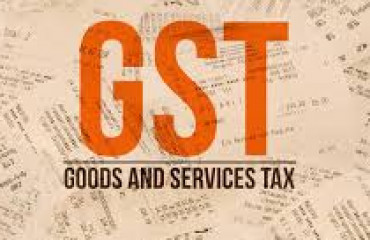
- 27 Mar 2025 06:53 PM
- New
GST Grievances & Recommendations – Sales Tax Bar Association
The Sales Tax Bar Association (Regd.) has raised key GST-related concerns in a representation to the Principal Chief Commissioner, CGST & Central Excise, Delhi. Major issues include a lack of clarity in documentation for businesses operating from shared premises, additional document demands beyond legal requirements, and the inability to withdraw or edit GST registration applications, causing unnecessary delays. The association also recommends a mandatory notice viewing system on the GST portal to enhance communication and compliance. Further, it highlights difficulties in availing the GST Amnesty Scheme due to the mandatory DRC-03A requirement, particularly in cases where appeals are partially accepted or direct payments are made through the Electronic Liability Register. Another critical issue is the delay in appeal disposals due to staff shortages, making it difficult for taxpayers to meet Amnesty Scheme deadlines. To address this, the association urges the government to deploy additional manpower and extend the scheme’s due date from March 31 to June 30, 2025.
Read More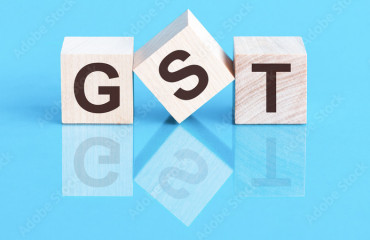
- 27 Mar 2025 06:32 PM
- New
Why a ‘health tax’ alone may not solve India’s junk food crisis
The growing consumption of ultra-processed food and aggressive marketing techniques by brands, such as pushing them to shelves labelled as healthy, have caught the government's eye. The Economic Survey 2024-25 highlighted the issue and suggested several corrective steps from awareness campaigns and stricter labelling to a ‘health tax’ to curb the excessive consumption of ultra-processed food.
Read More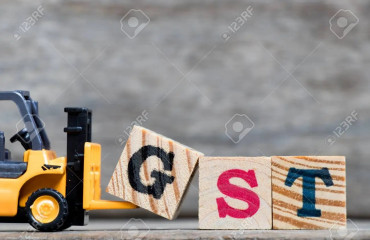
- 26 Mar 2025 06:39 PM
Import Duty and GST on Lifesaving Medical Devices
Source: https://taxguru.in/goods-and-service-tax/reducing-import-duty-lifesaving-drugs.html
Indian Government has clarified there are no current plans to reduce import duties on lifesaving medical equipment. Most medical devices attract a basic customs duty (BCD) ranging from 7.5% to 10%, while certain critical equipment, such as coronary stents and assistive devices for the disabled, attract nil BCD. Regarding GST, most lifesaving medical equipment already benefits from a concessional rate of 12%, compared to the standard 18%. The GST Council, a constitutional body representing Union and State Governments, prescribes GST rates and exemptions. No recommendation has been made by the Council for further GST reductions on such devices. For health and life insurance premiums, a Group of Ministers (GoM) was constituted during the 54th GST Council meeting on September 9, 2024, to examine the issues holistically. However, the GoM has not yet submitted its final report. The government also highlights that concessions and exemptions aim to make essential medical equipment accessible while supporting domestic manufacturing through indirect incentives.
Read More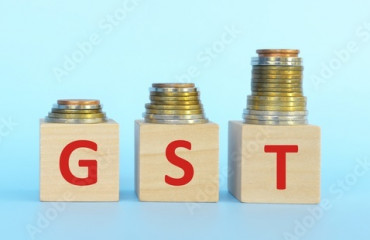
- 26 Mar 2025 06:16 PM
Budget aims to do reforms to build Viksit Bharat by 2047, says FM Niramala Sitharaman
Finance Minister Nirmala Sitharaman, on Tuesday, underscored the Union government's commitment to providing tax certainty and streamlining business regulations as part of the broader vision to build a Viksit Bharat by 2047.
Read More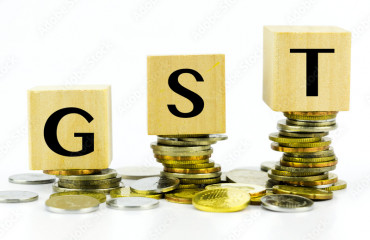
- 26 Mar 2025 06:18 PM
Why a ‘health tax’ alone may not solve India’s junk food crisis
The growing consumption of ultra-processed food and aggressive marketing techniques by brands, such as pushing them to shelves labelled as healthy, have caught the government's eye. The Economic Survey 2024-25 highlighted the issue and suggested several corrective steps from awareness campaigns and stricter labelling to a ‘health tax’ to curb the excessive consumption of ultra-processed food.
Read More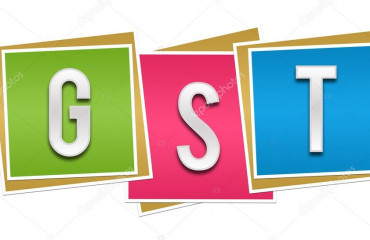
- 26 Mar 2025 06:29 PM
Govt Eases GST Compliance for MSMEs & Small Taxpayers
Source: https://taxguru.in/goods-and-service-tax/govt-eases-gst-compliance-msmes-small-taxpayers.html
Government has taken multiple steps to simplify GST compliance for MSMEs and small taxpayers, based on recommendations from the GST Council. The turnover threshold for GST registration was increased to ₹40 lakh for goods suppliers (except special category states), and the composition scheme limit was raised to ₹1.5 crore, reducing compliance requirements for small businesses. The Quarterly Return Monthly Payment (QRMP) scheme allows taxpayers with turnover up to ₹5 crore to file quarterly returns instead of monthly ones. Filing of NIL returns via SMS and a fully electronic refund process have further eased compliance. Businesses with turnover up to ₹2 crore are exempt from annual return filing. An auto-generated return with an editing option is now available, and taxpayers can amend outward supply details in the current tax period. Digital payment options, including UPI and credit cards, have been introduced for GST payments. Additionally, mandatory GST registration for intra-state e-commerce sellers has been waived under certain conditions. A retrospective amendment allows input tax credit claims for earlier financial years until November 30, 2021. Section 128A of the CGST Act waives interest and penalties on demand notices for 2017-2020 if tax dues are paid by March 31, 2025. Pre-deposit requirements for GST appeals have been reduced, late fee structures have been rationalized, and certain GST offences have been decriminalized. These measures aim to streamline tax procedures and improve ease of doing business for small enterprises.
Read More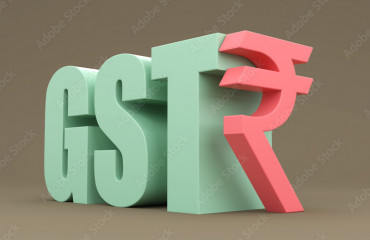
- 26 Mar 2025 06:13 PM
New income tax bill to be tabled in monsoon session: Sitharaman
Speaking in the Lok Sabha, Sitharaman said a select committee has been mandated to submit its report on the new bill by the first day of the upcoming monsoon session.
Read More
- 26 Mar 2025 06:36 PM
DGGI Cracks Down on Offshore Gaming Tax Evasion
Source: https://taxguru.in/goods-and-service-tax/dggi-cracks-offshore-gaming-tax-evasion.html
Directorate General of Goods and Services Tax Intelligence (DGGI) has intensified actions against offshore online money gaming entities to curb tax evasion. Around 700 offshore operators involved in gaming, betting, and gambling are under investigation for evading GST by not registering, hiding taxable pay-ins, and bypassing tax regulations.
Read More
- 26 Mar 2025 06:33 PM
CGST Delhi East Hosts GST Registration Campaign 2025
Source: https://taxguru.in/goods-and-service-tax/cgst-delhi-east-hosts-gst-registration-campaign-2025.html
CGST Delhi East Commissionerate launched a two-day GST Registration Campaign on March 21-22, 2025, aimed at increasing awareness and compliance among unregistered traders and manufacturers. Helpdesks were set up at key locations in areas like Seelampur, Jaffrabad, and Gandhi Nagar, addressing over 2,000 trader queries. The campaign resulted in more than 100 fresh GST registrations and distributed 7,500 pamphlets in Hindi and Urdu to highlight GST provisions.
Read More